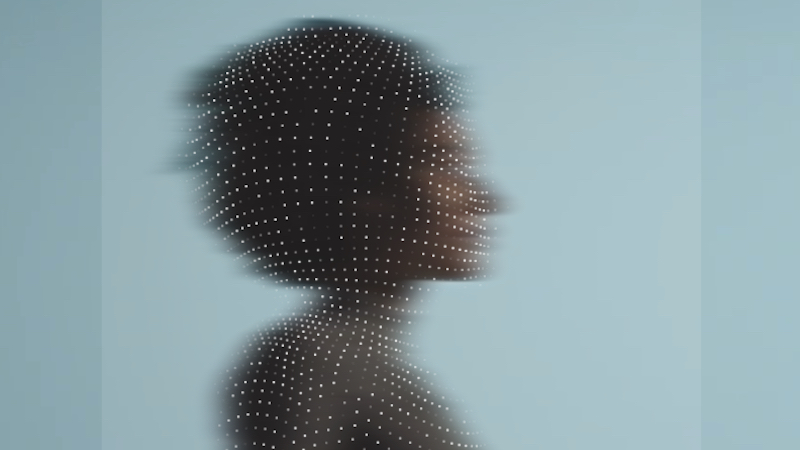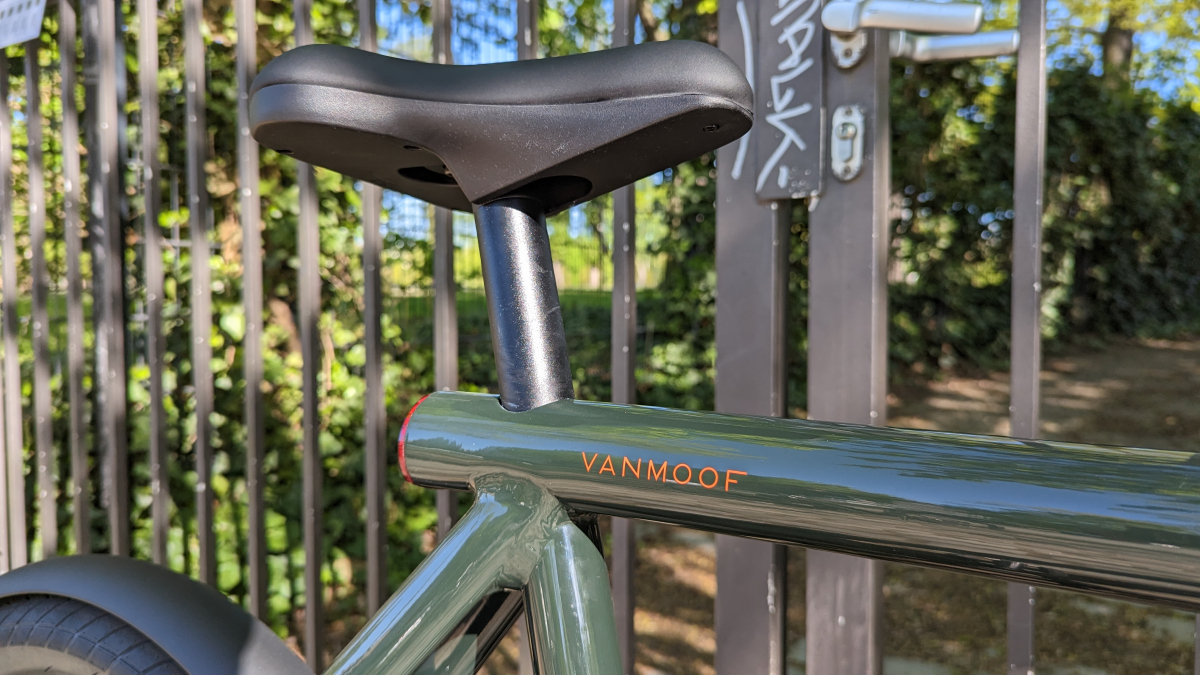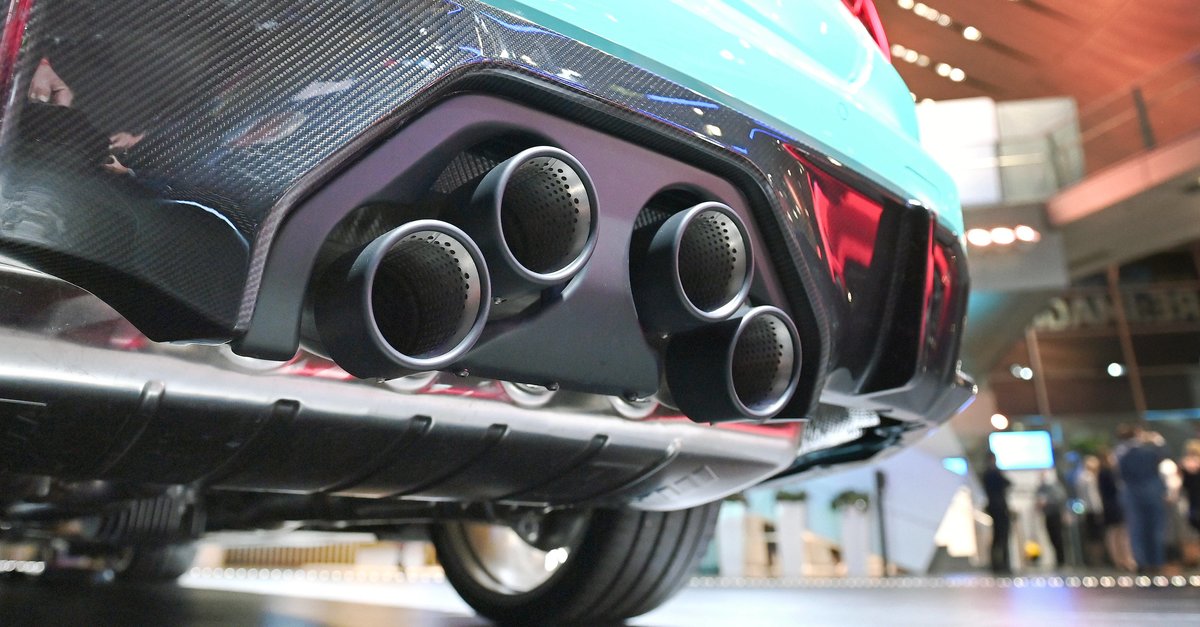Spotify founder develops AI to diagnose diseases
Spotify founder Daniel Ek focuses on the topic of artificial intelligence with his start-up Neko Health. The company’s goal is to use an AI scanner to diagnose diseases.
Digitization is making great strides in the medical field. Many companies are now trying to predict diseases without major interventions in order to reduce patient stress. But there are always visions that turn out to be frauds – recently at the US company Theranos.
An old acquaintance from the technology industry now wants to make it possible to diagnose many diseases using artificial intelligence. We are talking about Spotify founder Daniel Ek. This founded a new start-up specifically for this purpose with the name Neko Health, which focuses on the use of AI-supported body scanners.
Neko Health: Spotify founder AI scanner for disease diagnosis
The AI system should be able to recognize various health problems without major interventions. It detects and measures the growth of liver spots, skin rashes and age spots. An additional scanner examines irregularities in blood pressure, pulse and heart function.
To ensure that this works as effectively as possible, the system has over 70 different sensors. These record around 50 million data points, including on the skin, blood vessels, heart and breathing.
The system then feeds the algorithm with data so that it can examine deviations from a healthy person. The AI scanner requires a large amount of comparative data for this. So, as more people undergo the procedure, the system is likely to become more reliable.
A body scan via artificial intelligence costs only 179 euros
The advantage of the new approach is obvious. Because compared to classic medical treatments, the costs are relatively manageable. Since a scan only costs 179 euros (2,000 Swedish krona), an examination should be affordable for many people.
This is especially true in countries where there is no insurance system and patients pay for treatments out of their own pockets. Neko Health already offered the first test scans via the website. These have been fully booked for about two weeks. This shows that many people are longingly waiting for such a technology and that the demand is there.
Also interesting:


![7 tips on how to expand your portfolio without increasing budgets [Anzeige] 7 tips on how to expand your portfolio without increasing budgets [Anzeige]](https://www.basicthinking.de/blog/wp-content/uploads/2022/08/territory-header-contet-unternehmen-tipps.jpg)
